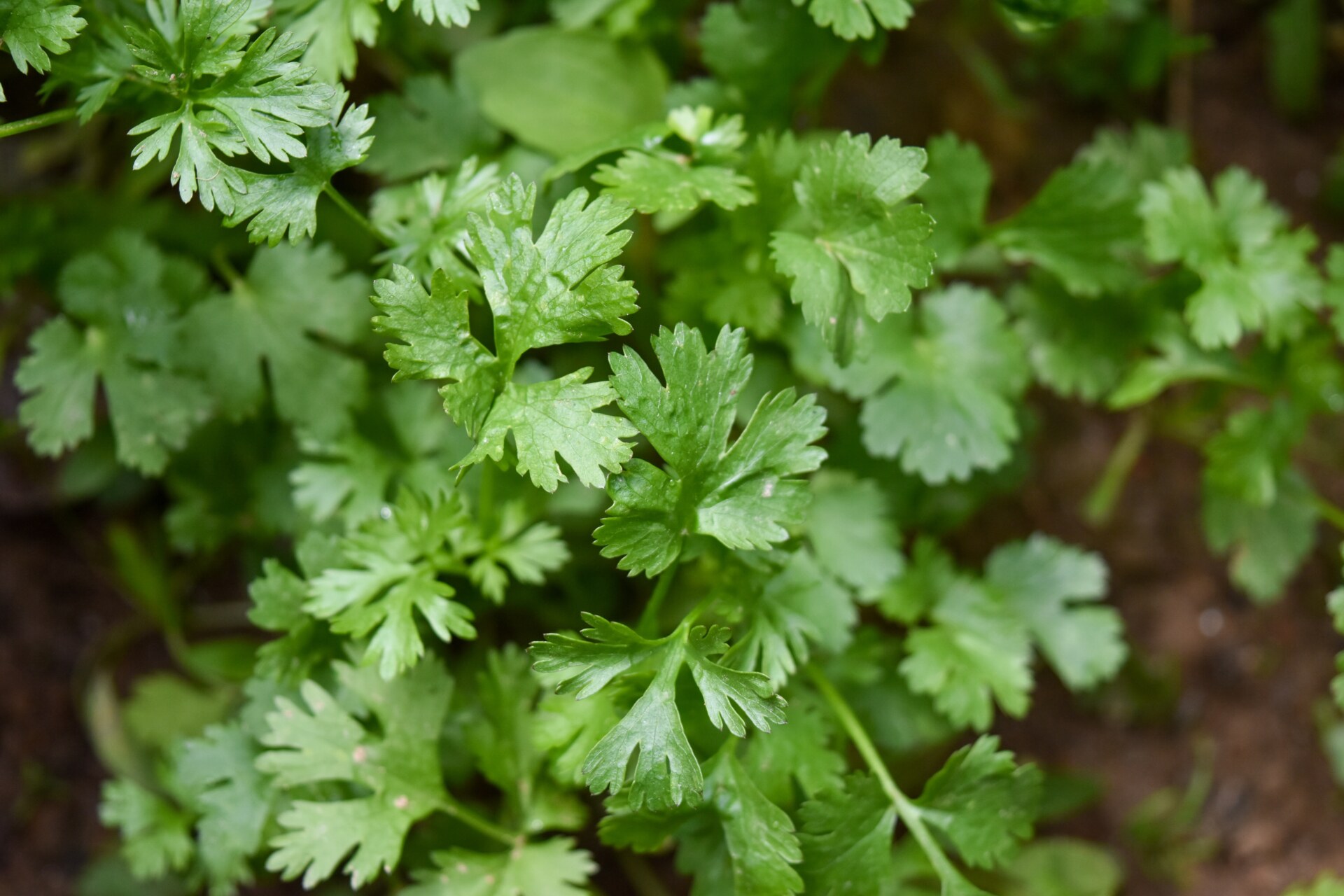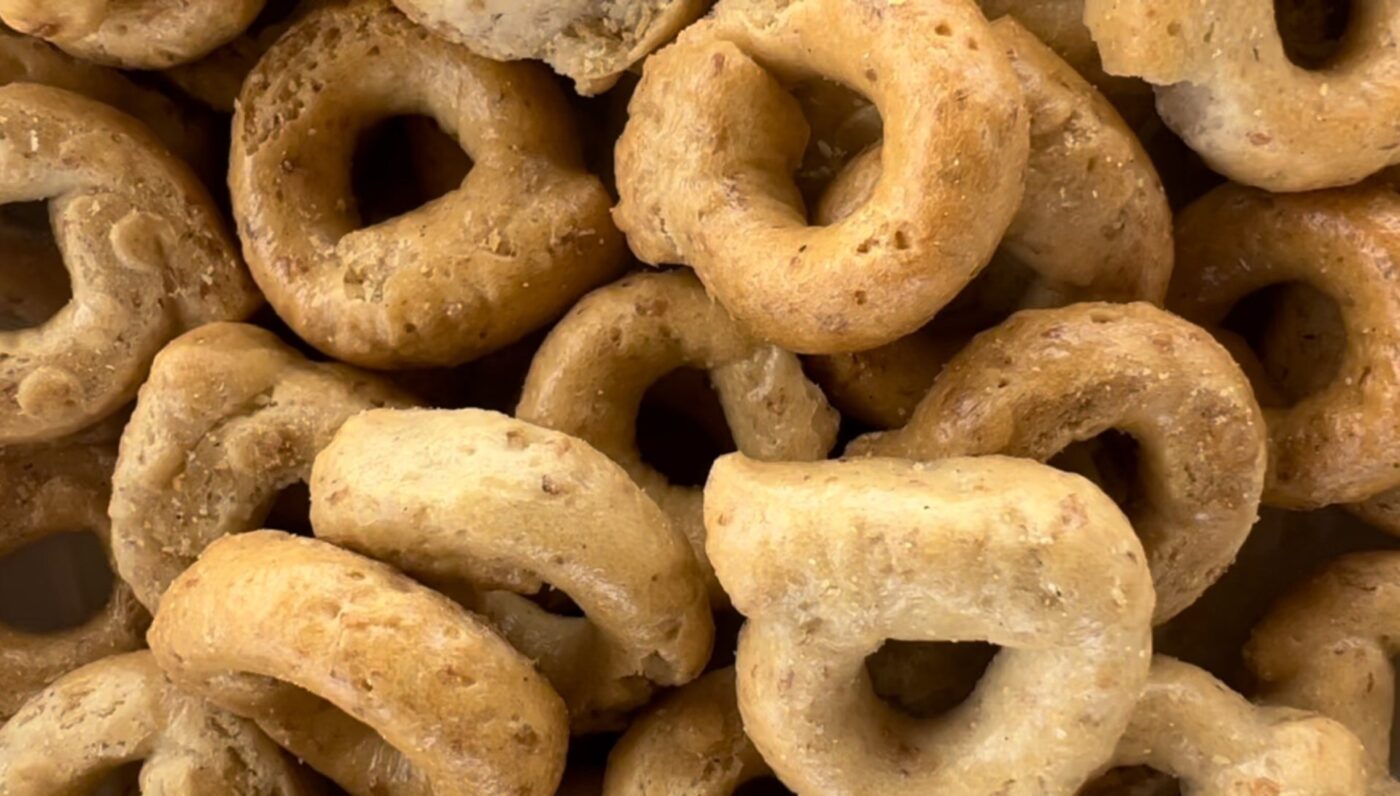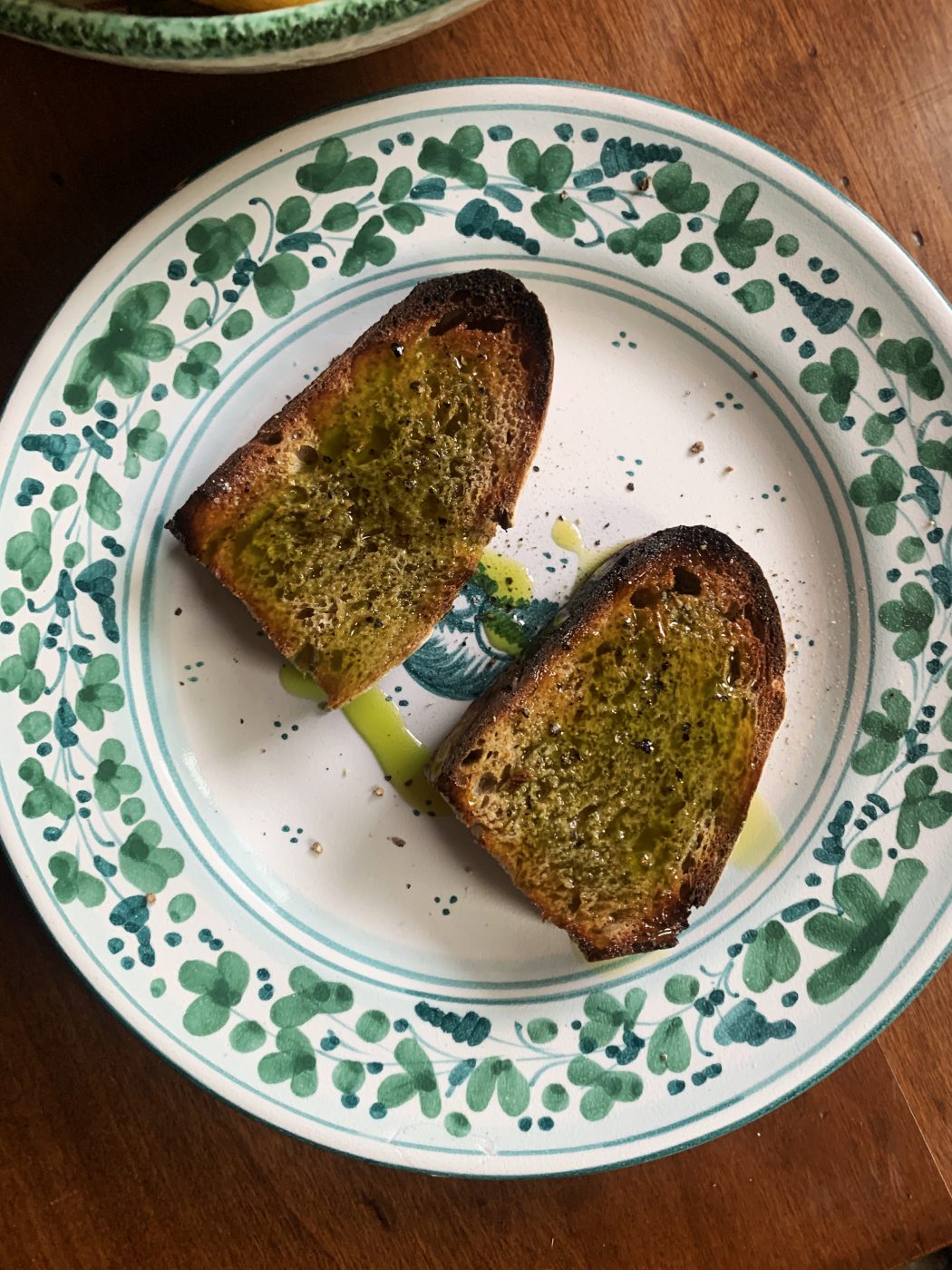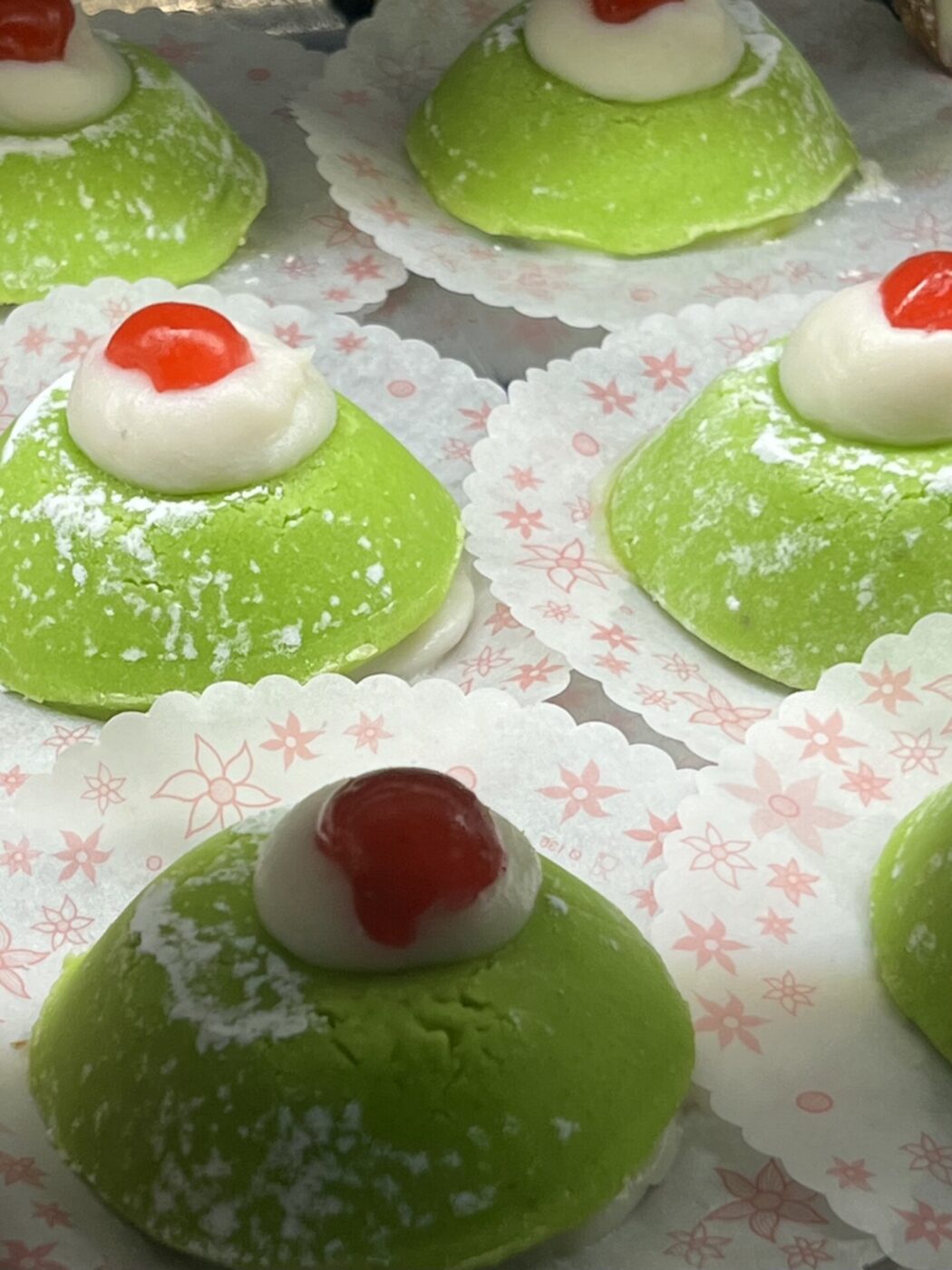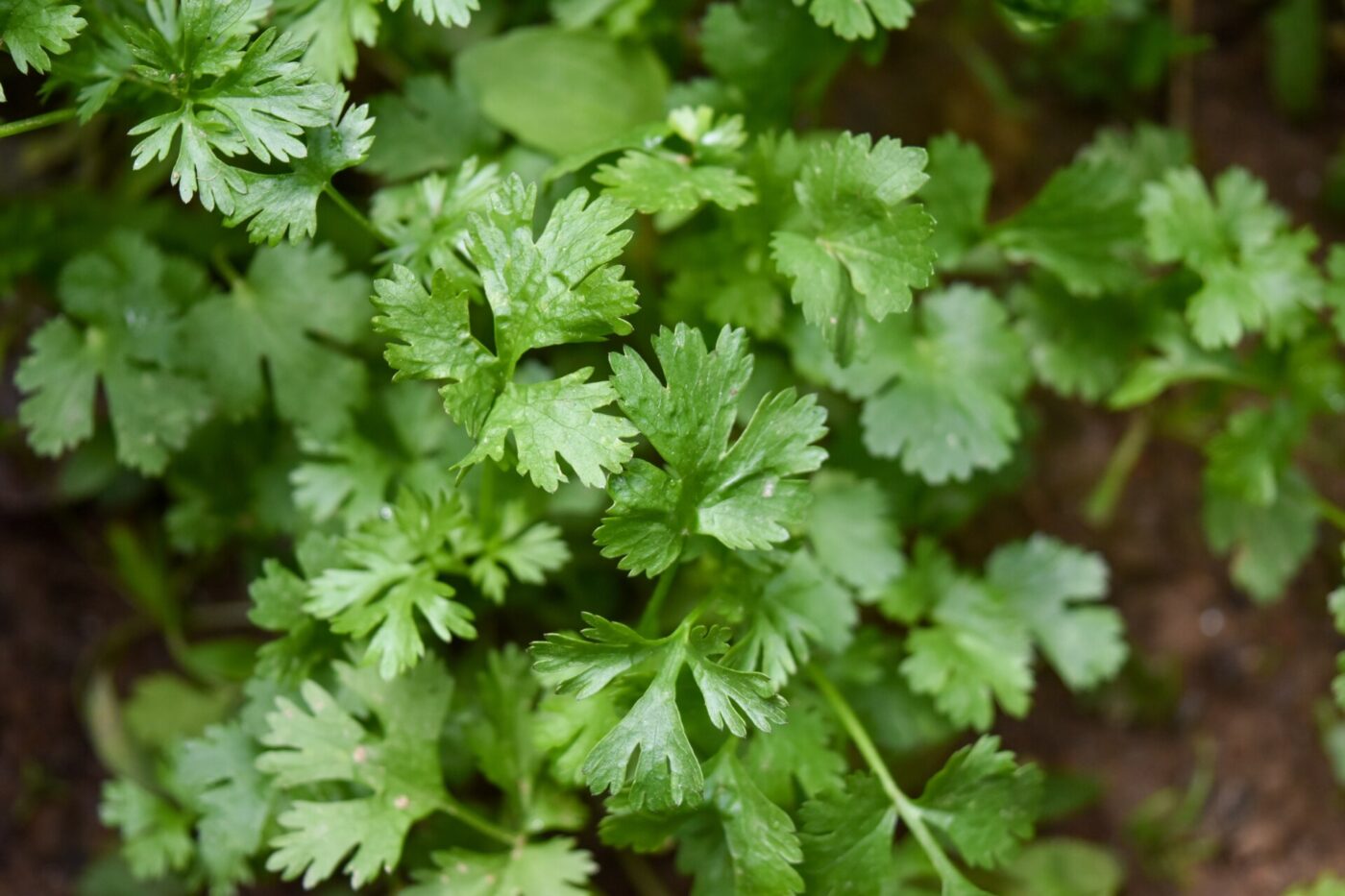Food, as anybody with even a passing familiarity with Italy will attest, is the centerpiece of Italian life. The foundation everything else is built upon. So it’s no surprise that so many of our daily expressions are rooted in culinary traditions and practices—when Italians aren’t eating, we’re usually talking about food, or evidently, using food to convey our feelings about other things. The list truly is almost infinite, but these are 22 of our favorites.
Avere le mani in pasta (to have your hands in the dough): To be involved or engaged in something, often implying having control or influence. Because we all know that she who makes the pasta dough (nonna) holds all the power.
Saltare dalla padella alla brace (to jump from the frying pan to the grill): To go from one difficult or troublesome situation to another, often implying no improvement.
Essere come il prezzemolo (to be like parsley): The shade of this one! It refers to somebody who, like parsley, is everywhere, all the time, and usually unwanted.
Avere le fette di prosciutto sugli occhi (to have prosciutto over your eyes): This expression refers to somebody who is being careless or absent-minded; as if the only reason for not noticing something would be because there is prosciutto over your eyes. Alternatively, it translates to how, sometimes, you’re too in love to see the truth.
Essere una pentola di fagioli (to be a pot of beans): To be in a delicate or sensitive situation, often used when someone is easily upset. Which strikes us as a bit strange, actually, because beans are pretty sturdy, all things considered.

"Essere una pentola di fagioli" (to be a pot of beans)
Farla a frittata (make an omelet out of it): To handle a problem or situation in a creative or unconventional way, often by rearranging things.
Rendere pan per focaccia (to give bread for focaccia): This is kind of the equivalent of “an eye for an eye”—to react to an injustice by bringing equal or more pain to the perpetrator.
Stare stretti come sardine (to be packed like sardines): This is one that’s been appropriated in English as well—to be packed like sardines means to be crammed into a small space with many people. It hails from Sicily, where, apparently, even the sea can’t contain the sheer amount of sardines, although that may no longer be true; the term was coined in pre-Roman times.

"Stare stretti come sardine" (to be packed like sardines)
Parla come mangi (speak the way you eat): A way to take somebody down a peg when they’re trying to show off with elaborate language, being the human equivalent of a fussy, pretentious fine-dining restaurant. It means “speak simply” in the way that Italian food is simple, and better for it. No garnish.
Non tutte le ciambelle escono col buco (not all doughnuts come out with a hole): This one is a gentle reminder to put things in perspective when they don’t happen as planned. Not every doughnut has a hole, but the ones that don’t are often filled with cream or jam, and are arguably more delicious. When one door closes, another opens… but make it doughnuts.
Tutto finisce a tarallucci e vino (everything ends with tarallucci and wine): Used to downplay or brush off difficulties, suggesting that things will work out fine eventually. In Puglia and Campania, taralli (little ring-shaped crackers) and wine are always brought out at the end of a meal, humble tokens that are truly impossible not to love. If somebody is offering you tarallucci and vino, you can’t possibly stay mad at them.
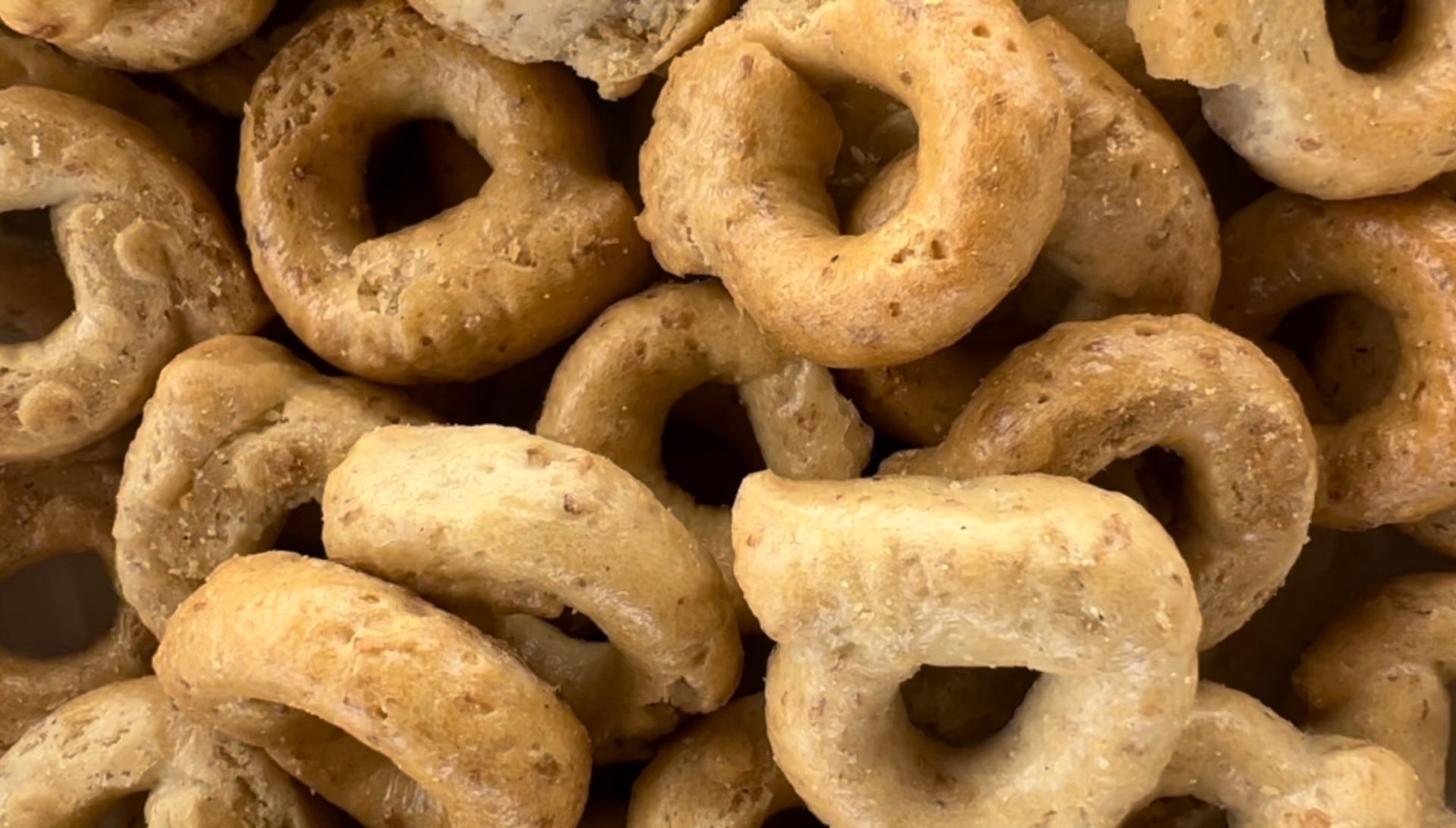
Cosa bolle in pentola (what’s boiling in the pot): In the Middle Ages, peasants would cook vegetables and beans for stews, letting them simmer in a big, covered pot all day. The result, always a bit different, was a surprise. Asking what’s boiling in the pot is basically asking what’s the hot gossip.
Liscio come l’olio (smooth as oil): Something that goes down smoothly and without complication. A spoonful of sugar, metaphorically speaking.
Buono come il pane (good as bread): English speakers would say “salt of the earth”. Used to describe somebody who is reliable, wholesome, decent, and unpretentious, just like bread.
Pieno come un uovo (full as an egg): Full to the brim. On the verge of exploding.
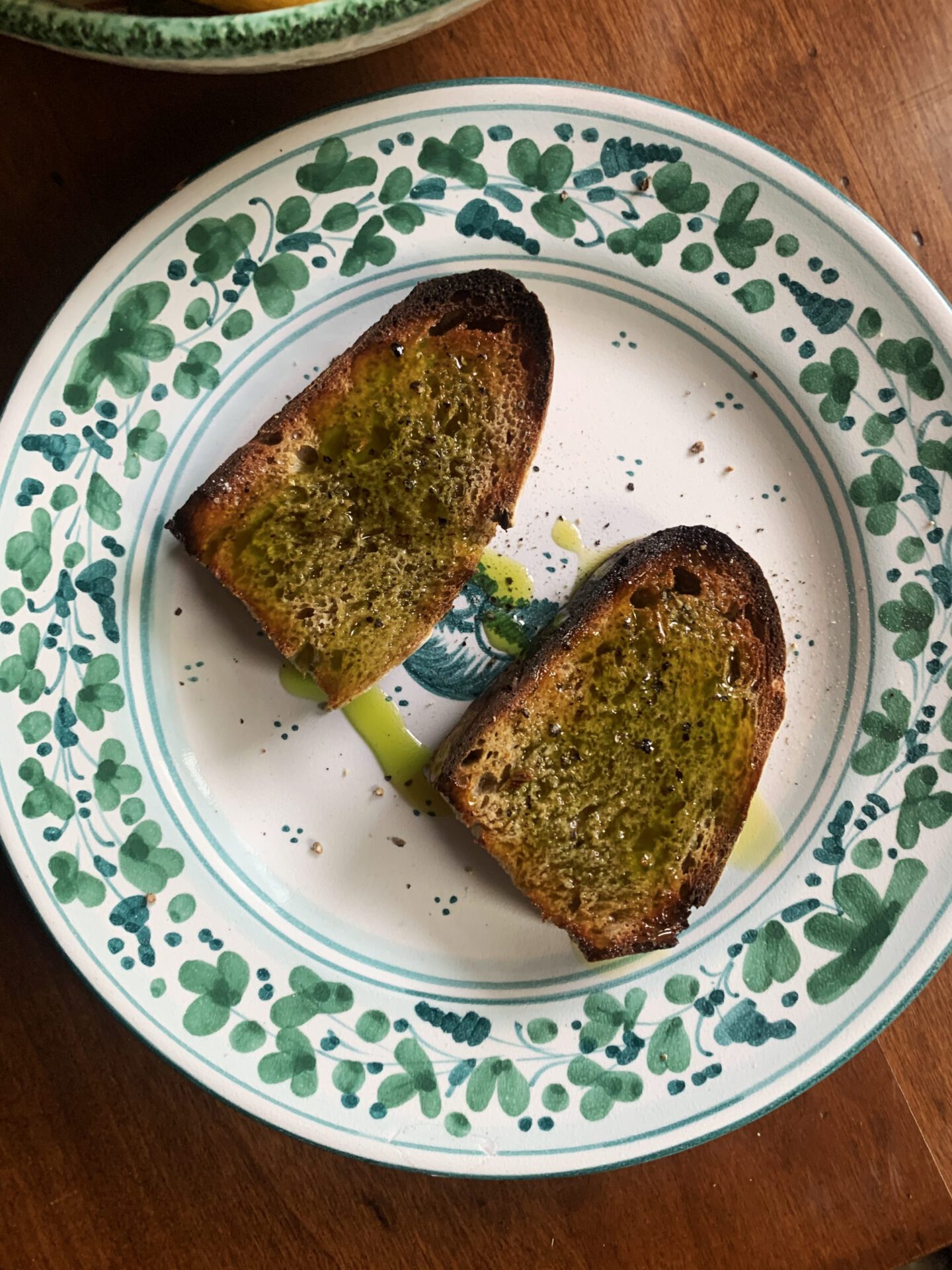
"Buono come il pane" (good as bread)
Nella botte in piccola, c’e il vino buono (in small barrels, there is good wine): Big things come in small packages. Size doesn’t matter. It derives from the fact that winemakers usually store their best vintages in small barrels, in order to concentrate the aromas.
Fare polpette di qualcuno (to make meatballs of someone): Another savage one. Metaphorically speaking, to chop and mince somebody up, put them through the proverbial grinder.
Tutto fa brodo (everything makes broth): Everything goes. In life, as in broth. It’s just one big pot of simmering scraps.
Ha molto sale in zucca (he/she/they has a lot of salt in their pumpkin): It means that somebody is clever, a salted pumpkin (versus a watery one) being a good thing.

"Tutto fa brodo" (everything makes broth)
È tutto pepe (he/she/they is all pepper): Refers to somebody who is full of zest, another complimentary one.
Non puoi avere la botte piena e la moglie ubriaca (you can’t have a full wine barrel and a drunk wife): Meaning, you can’t have your cake and eat it too. It’s giving a sprinkle of sexism but hey, it still makes us chuckle.
Essere la ciliegina sulla torta (to be the little cherry on the cake): The English equivalents are “the icing on the cake” or “the cherry on top”. The final flourish.
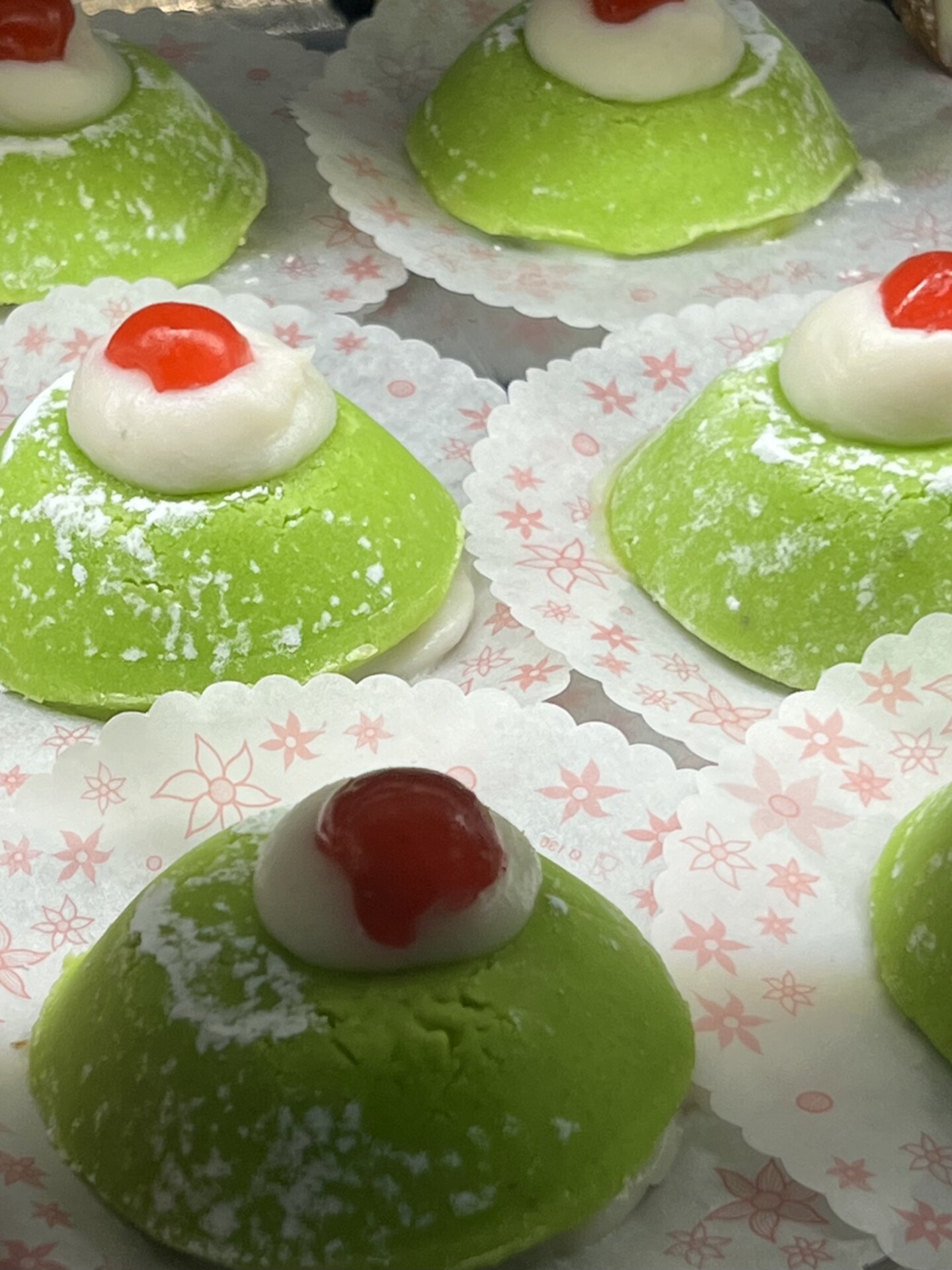
"Essere la ciliegina sulla torta" (to be the little cherry on the cake)
